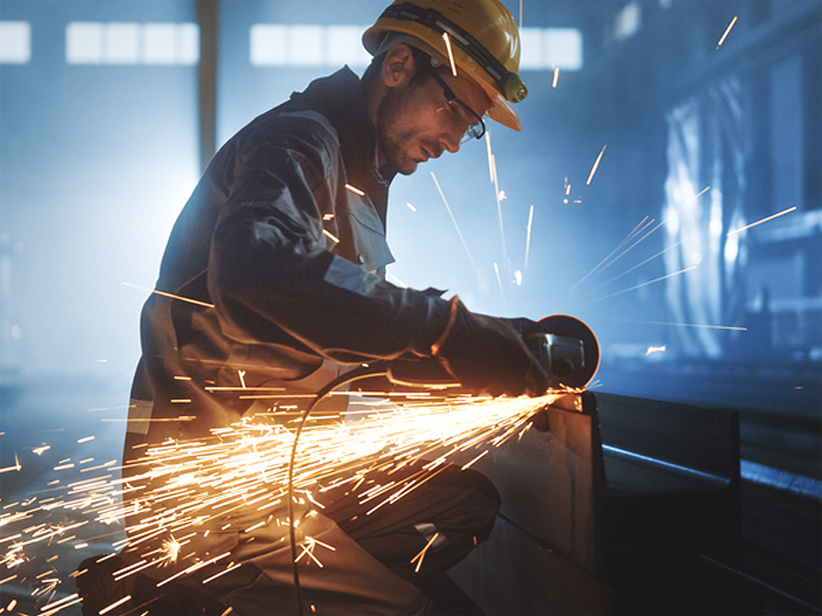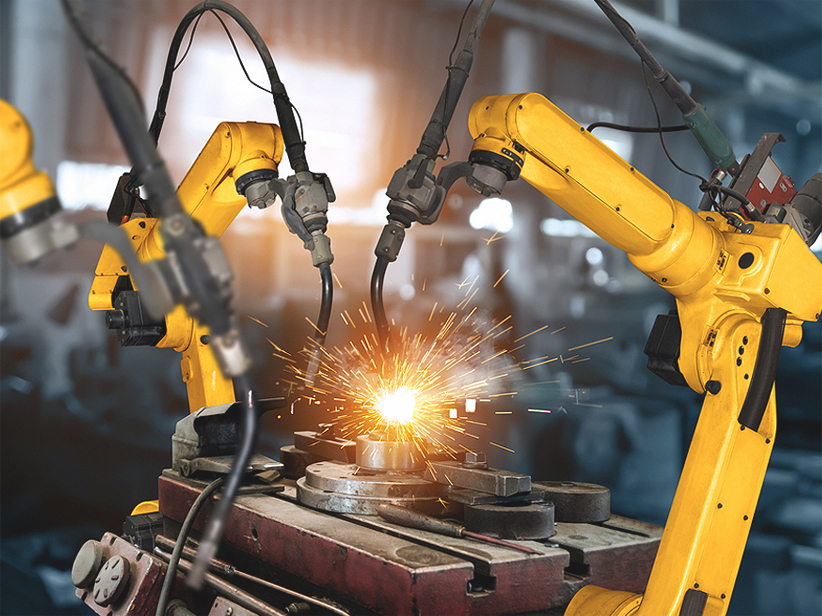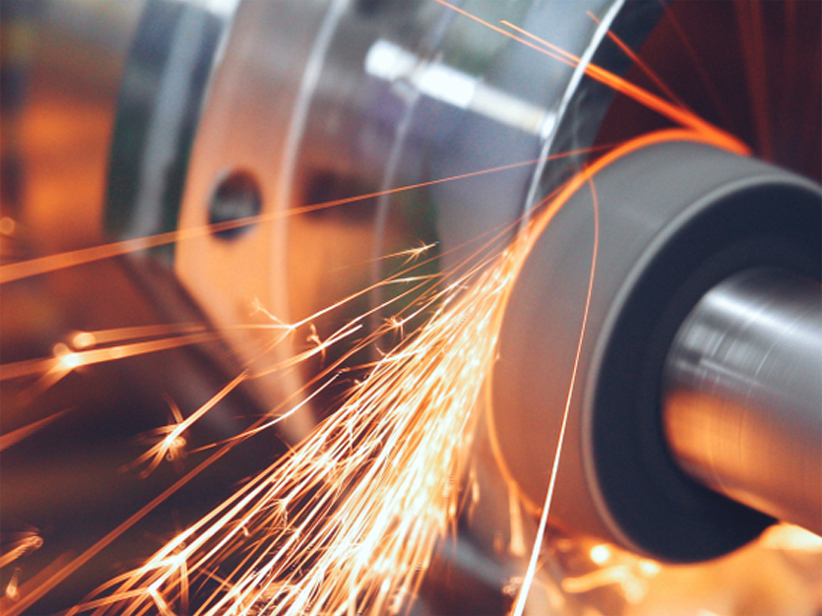Stainless Steel - Grade 303 / 1.4305
Description
Stainless Steel Grade 303/1.4305 is an austenitic chromium-nickel stainless steel with added sulfur to improve machinability. It is known for its excellent mechanical properties and corrosion resistance in mild environments. The presence of sulfur also helps in creating short chips in the machining process, which reduces tool wear and increases cutting speeds.
Chemical Composition
- Chromium (Cr): 17.0 - 19.0%
- Nickel (Ni): 8.0 - 10.0%
- Manganese (Mn): ≤ 2.0%
- Silicon (Si): ≤ 1.0%
- Sulfur (S): 0.15 - 0.35%
- Phosphorus (P): ≤ 0.20%
- Carbon (C): ≤ 0.15%
- Iron (Fe): Balance
Mechanical Properties
- Tensile Strength: 600 - 750 MPa
- Yield Strength: 275 MPa (minimum)
- Elongation at Break: 40% (minimum)
- Hardness (Brinell): 190 - 230 HB
- Hardness (Rockwell B): 85 - 95 HRB
Thermal & Physical Properties
- Density: 7.90 g/cm³
- Melting Point: 1450 - 1510 °C
- Thermal Conductivity: 16.3 W/m•K (at 100°C)
- Specific Heat Capacity: 500 J/kg•K (at 20°C)
- Electrical Resistivity: 0.72 µΩ•m (at 20°C)
- Coefficient of Thermal Expansion:17.3 µm/m•K (at 0-100°C)
Other Designations
- UNS: S30300
- EN: 1.4305
- JIS: SUS 303
- AFNOR: Z10CNF18-09
- DIN: X10CrNiS18-10
Fabrication and Heat Treatment
Alloy 218/1.3964 can be fabricated using standard techniques for stainless steels. It can be welded using various methods, including TIG and MIG welding. Heat treatment is typically not required for this alloy; however, it can be solution annealed at temperatures of 1040 - 1120 °C followed by rapid cooling.
- Machinability: Excellent, specifically designed for improved machinability.
- Weldability: Poor; not recommended for welding due to high sulfur content.
- Forming:Fair, but not as good as other austenitic stainless steels.
- Annealing:Heat to 1010-1120°C and cool rapidly in air or water.
- Hardening:Cannot be hardened by thermal treatment, only by cold working.
Applications
- Shafts: Used for pump shafts, motor shafts, and valve shafts.
- Bolts and Nuts: Due to excellent machinability.
- Screws: Fasteners that require high machining speeds.
- Aircraft Fittings: Components that require precision machining.
- Gears and Bearings: Where wear resistance and corrosion resistance are needed.
- Bushings: In environments where lubrication may be minimal.
Supplied Forms
- Bars
- Rods
- Wires
Features
- Excellent Machinability: Optimized for high-speed machining operations.
- Good Corrosion Resistance: Resistant to mild environments and atmospheric conditions.
- High Strength: Provides good tensile and yield strength.
- Non-Magnetic: Generally non-magnetic in the annealed condition.
- Ease of Fabrication: Can be machined efficiently, though forming and welding are less ideal.
- Versatility:Suitable for a variety of industrial and engineering applications.






